‘The Elusive Presence’ |
I’ll
be starting a new online column for CT on Wednesday, May 15. I’m
borrowing the title (above) from a book I read some years ago: The Elusive Presence: Toward a New Biblical Theology
by Samuel Terrien. To be frank, I can’t remember much from the book,
but the title has stuck with me as an apt description of how God
intersects with our lives. The theme of the column is summed up in many
of the psalms, like 63, which begins:
This
will be my take on the fundamental “crisis” in American Christianity,
and evangelical faith in particular, and what I see in Scripture as the
way forward.
Transcending Race
This week’s long read is an interview with Thomas Chatterton Williams, author of the new book Self-Portrait in Black and White: Unlearning Race (due out on October 15).
Williams is the son of a black father and white mother, husband to a
white wife, and father of a daughter who looks, as he puts it, “very
Scandinavian.” This last surprise prodded him to rethink his ideas about
race, and he started exploring that theme in the book:
The
argument is nuanced, of course, and the title of the interview seems
misleading (“The Singular Power of Writing”), because the most
refreshing and provocative insights are about race.
Now in the Company of Heaven
It’s been one of those weeks: Three people who have shaped contemporary Christianity have passed. First was Warren Wiersbe,
who has been most well-known to older evangelicals and who was a superb
preacher and biblical expositor with an irenic spirit. Next, we heard
of the untimely death of Rachel Held Evans, who died at age 37 of
complications from an infection. Evans was a controversial blogger and
writer, known for her strong criticism of and eventual departure from
evangelical faith. That being said, even conservative evangelicals like
Ed Stetzer wrote moving tributes about her.
Finally, and probably the person who will make the most lasting imprint on Christian life and thought, is Catholic philosopher and theologian Jean Vanier,
the founder of L’Arche communities, which “provide homes and workplaces
where people with and without intellectual disabilities live and work
together as peers” (USA website). It’s probably not right to bet on sainthood, but I nonetheless wager that he’ll be nominated for such in the next few years.
‘Things Clicking into Place’
Then there are those who are beginning their walk with God, like New York Times columnist David Brooks. In his latest book, he recounts his spiritual journey:
Grace and peace,
|
 | 
Mark Galli
Editor-in-Chief, Christianity Today |



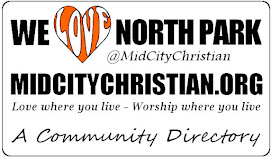



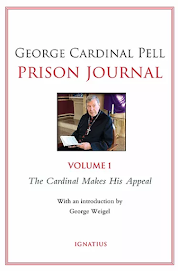

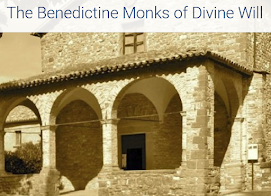




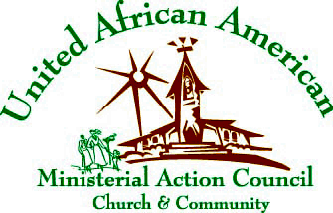

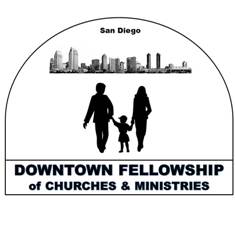




No comments:
Post a Comment